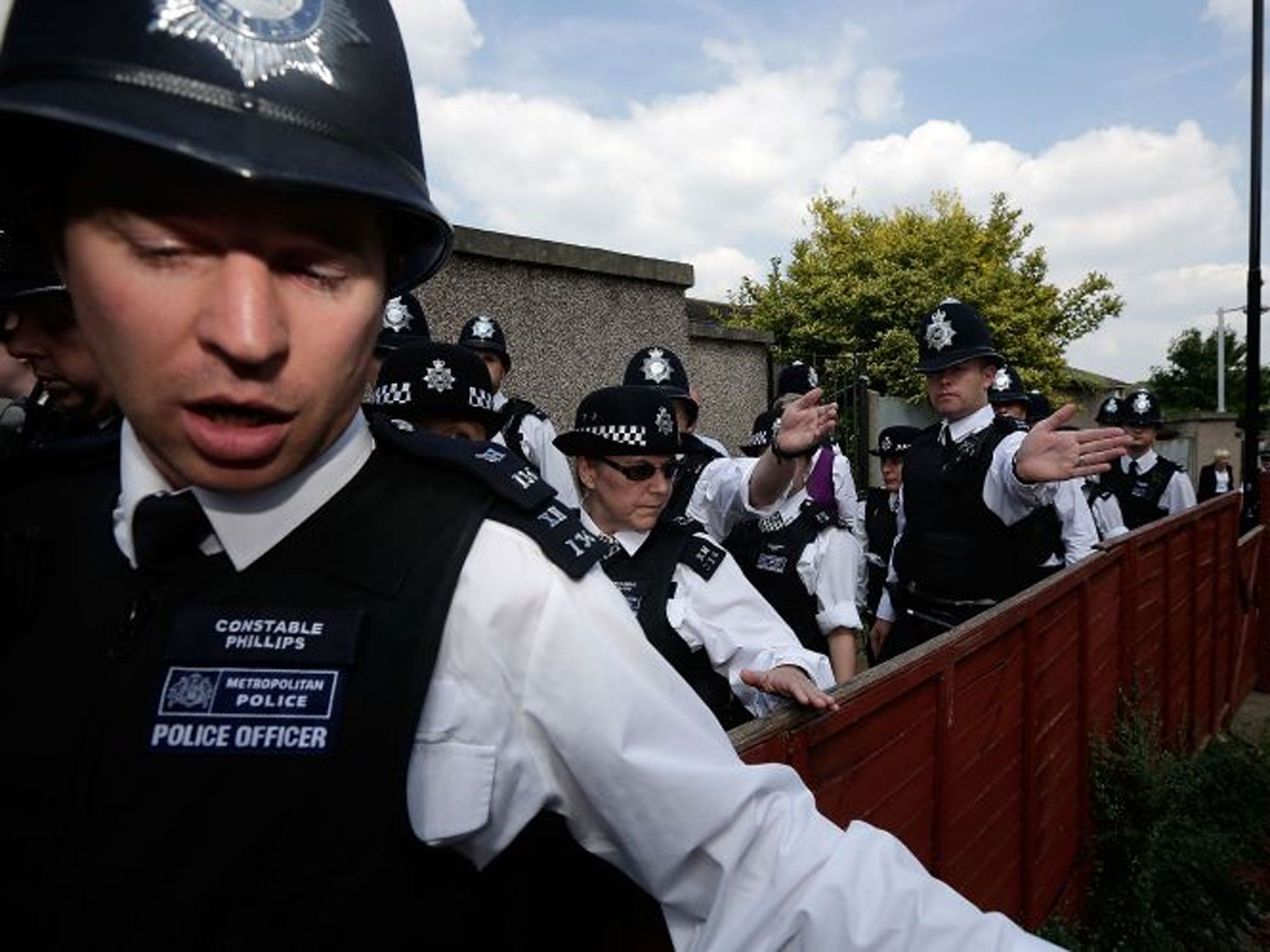Police to create UK-wide missing persons register after IoS campaign
New database aims to offer runaways more protection

Police are proposing a radical overhaul of the way in which missing person inquiries are conducted in Britain, and the setting up of the first ever nationwide system to systematically record the details of people who vanish without trace.
Some 200,000 people disappear each year, the majority of them under 18, according to a report from the UK Missing Persons Bureau (MBP) released this month. But the report also warns that official statistics are “underestimates of the actual national picture, as police forces advise that some missing person’s cases may be recorded on command and control systems under other incident types”.
The decision by senior police officers comes just months after The IoS led calls for a national database of the missing, to help prevent children from slipping off the radar and suffering abuse.
Getting a proper national picture of the problem is vital, according to experts. “We continue to look at ways of enhancing our understanding of missing data and are actively looking at creating a national register and database,” said Patrick Geenty, Wiltshire’s Chief Constable and a spokesman on the Association of Chief Police Officers’ missing persons policy. “This will be one of our goals for 2013/14,” he said in the MBP report. Mr Geenty explained that the move is part of a wider overhaul, with a “huge amount of effort” being made to ensure that police responses are “proportionately targeted, properly resourced and correctly investigated”.
The decision was welcomed by politicians and campaigners last night. Ann Coffey MP, chair of the All Party Parliamentary Group on Runaway and Missing People, said: “The development of a national computer [database] would be a big improvement on what we’ve got now.”
Poor collection of data, and problems in information sharing between different areas, were raised by a parliamentary inquiry last year as issues that prevented children being kept safe.
Most missing people are found, but children are vulnerable to being abused or harmed during their time away from home. Around one in four ends up in a dangerous or harmful situation, according to campaigners. Ellen Broome, policy director at The Children’s Society, said: “Thousands of children are placed in care homes every year. Many end up running away, and it is vital that police forces in different areas can share information about these missing children.”
Bookmark popover
Removed from bookmarks